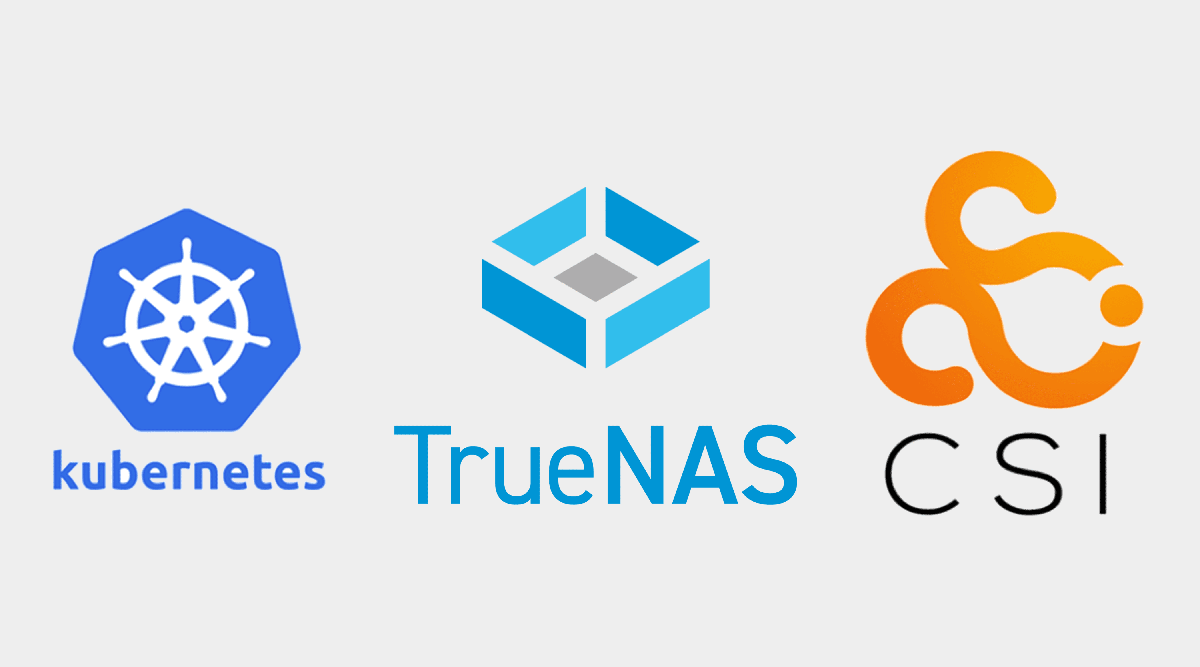ajbrehm
Dabbler
- Joined
- Oct 17, 2020
- Messages
- 20
I am planning to use FreeNAS on a HPE server to act as NFS server for two other HPE servers running vSphere.
Out of curiosity I am wondering if it is possible/makes sense to run FreeNSD virtualised on vSphere as well, using local storage, and still acting as NFS server for the other vSphere hosts. This would also allow running a TrueCommand VM on the same host. All three servers have 4 cores and 32 GB RAM. The entire collection is a test environment at my house with no productive purpose.
Any ideas?
Out of curiosity I am wondering if it is possible/makes sense to run FreeNSD virtualised on vSphere as well, using local storage, and still acting as NFS server for the other vSphere hosts. This would also allow running a TrueCommand VM on the same host. All three servers have 4 cores and 32 GB RAM. The entire collection is a test environment at my house with no productive purpose.
Any ideas?

